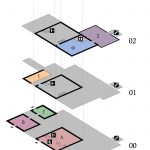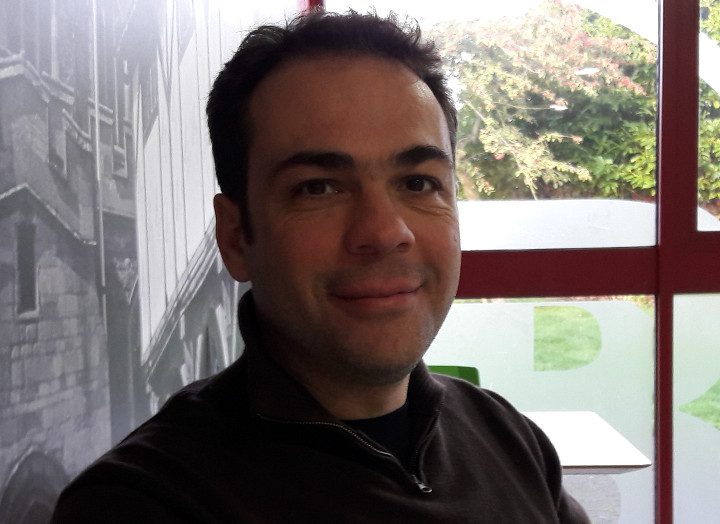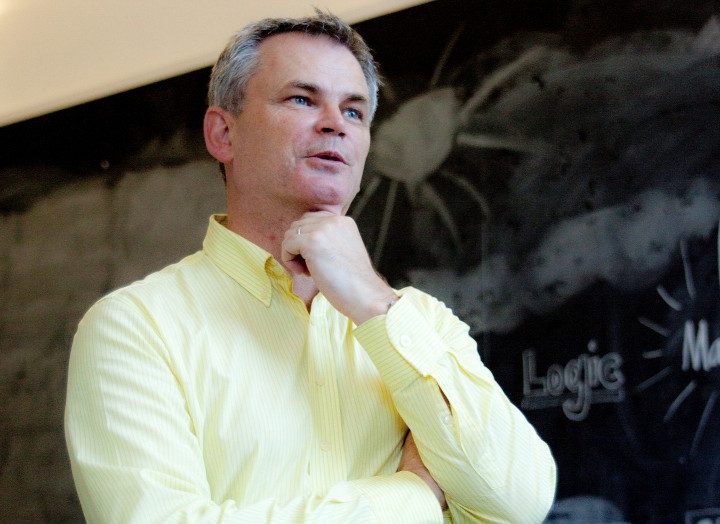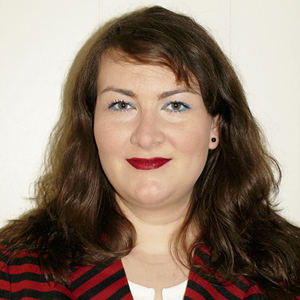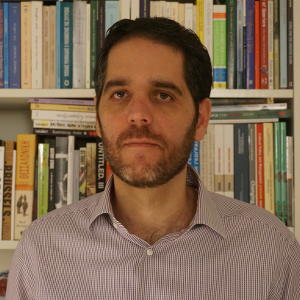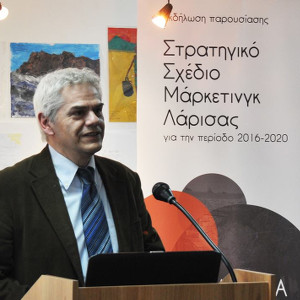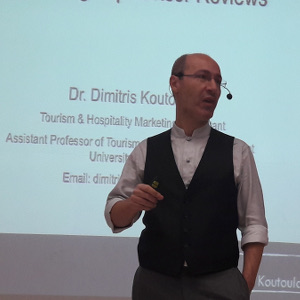
Short bio
Dr hab. Magdalena Florek is an expert in the area of place marketing and destination branding. Associate Professor at The Poznań University of Economics and Business in Poland. A scholarship participant of Fulbright Foundation at Northwestern University and Kellogg School of Management, USA (2002/2003). In 2006/2007 senior lecturer at Marketing Department, University of Otago. Senior Fellow at The Institute of Place Management, co-founder and vice-president of International Place Branding Association, co-founder and Member of the Board of Best Place – The European Place Marketing Institute. Member of the Editorial Board of the Journal of Place Branding and Public Diplomacy, International Journal of Tourism Cities, Journal of Destination Marketing and Management, Journal of Urban Regeneration & Renewal. Speaker at numerous international conferences. A consultant in terms of brand strategy, city and region promotion. Author and co-author of books and articles on place marketing and branding.
Presentation title: “The why and how of destination brand experience”
The growth of global interconnectedness by easy travel and information access have widened the mind and holistic view of people’s experience of the world, pushing marketing activities into new creative areas to meet the demands of today’s society (Tinagli et al., 2007). It includes also tourists’ expectations, values, as well as attitudes and behaviours towards destinations. According to Mathwick et al. (2001) consumers today are looking for value, choice, and a great customer experience. Destination marketing practitioners have come to realize that understanding how consumers experience destinations brands is crucial for developing innovative branding strategies. Pine and Gilmore (1998, p. 98) claim that experiences themselves are “real offerings as any service, good, or commodity”. This is valid for destinations as the opinions are that destinations are more and more often chosen according to the formula: “Not where to but why” (Marketing strategy for Poland in tourism sector for years 2012-2020). As a result, experience marketing and consequently brand experience nowadays plays an essential role within consumer behaviour area with clear evidence, which Brakus et al. (2009) have shown, that brand experience positively aspects consumer satisfaction and loyalty. It could be also expected that in case of destination brands the satisfaction of their target groups achieved thanks to unforgettable experiences might lead to destination’s success. Meanwhile if providing memorable experiences is to serve as a competitive advantage, a more comprehensive understanding of experiences is necessary and a systematic approach to designing and delivering them is needed (Carbone & Heackel 1994).
Keywords: brand experience, destination brand, experience design, holistic brand
References:
Brakus, J.J., Schmitt, B.H. and Zarantonello, L. (2009) Brand Experience: What Is It? How Is It Measured? Does It Affect Loyalty? Journal of Marketing, Vol. 73 (May) pp. 52-68.
Carbone, L. P., & Haeckel, S. H. (1994) Engineering Customer Experiences, Journal of Marketing Management , 3 (3) pp. 8-19.
Marketing strategy for Poland in tourism sector for years 2012-2020, (National Tourism Organization (POT), Warsaw 2011.
Mathwick, C., Malhotra, N., Ridgon, E. (2001) Experiential value: conceptualization, measurement and application in the catalog and Internet shopping environment, Journal of Retailing, No. 77 (1) pp. 39-56.
Pine II, B. J., Gilmore J. H. (1998) Welcome to the Experience Economy, Harvard Business Review, No. 7-8 pp. 97-105.
Tinagli I, Florida R, Ström P, et al. (2007) Sweden in the creative age. Occasional Papers. Göteborg: Kulturgeografiska Institutionen, School of Business, Economics and Law, Göteborgs Universitet, CreativityGroupEurope.

![GENERALPLAN_MIILOS[EN]](https://www.placemarketing2.gr/wp-content/uploads/2017/03/GENERALPLAN_MIILOSEN-150x150.jpg)
